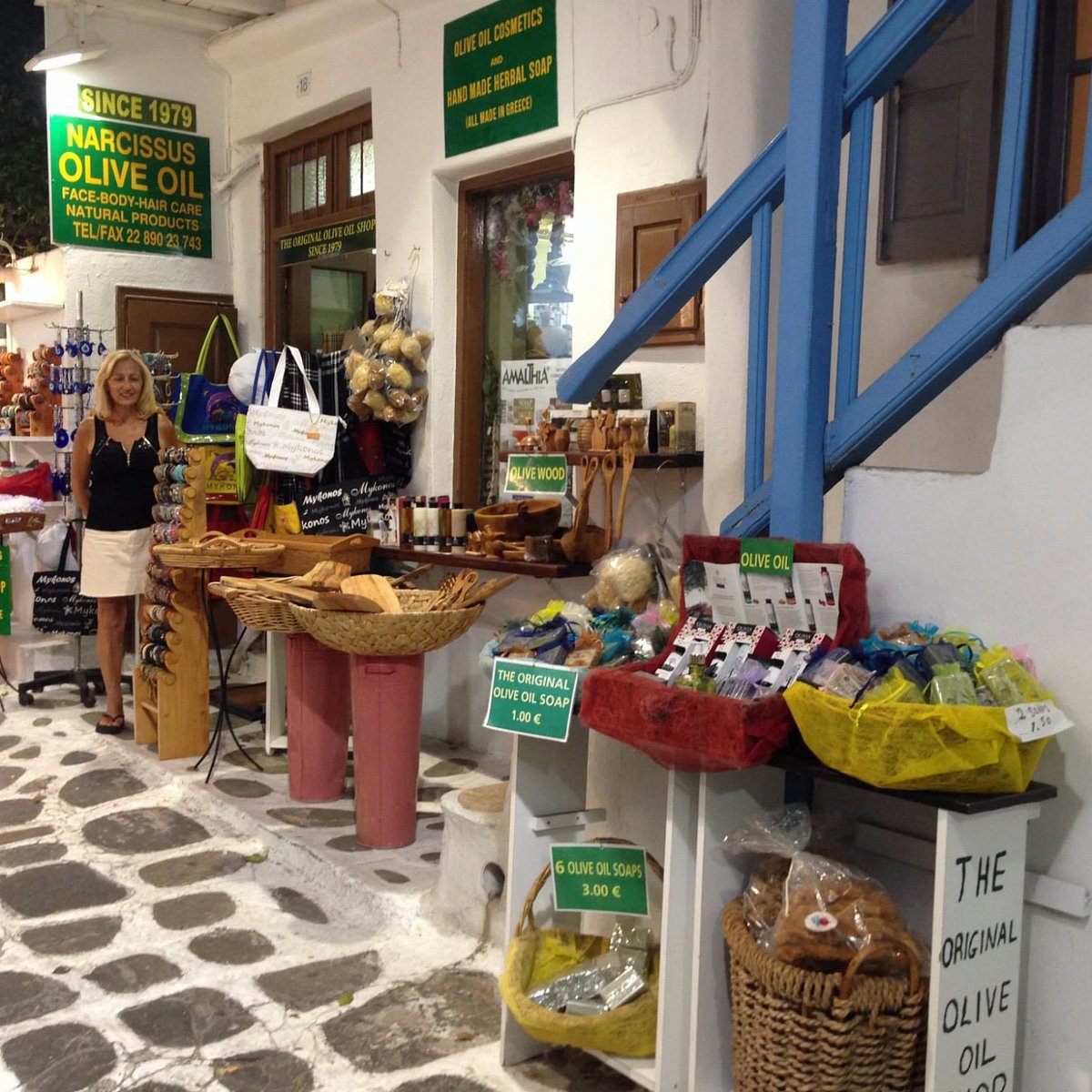Greek consumers prefer private label products (Private Label-PLMade in Greece) because it has good prices.
According to an annual survey conducted by the Marketing Laboratory of the Athens University of Economics and Business via telephone survey on a random sample of 1,880 households in January 2024, products P.L. now make up 36% of the consumer’s basket, up from 33% last year.
According to Professor Georgios Baltas, who coordinated the study, “this is the highest percentage we have ever recorded in the 19 years we have been conducting research at the Marketing Laboratory of the Athens University of Economics and Business.” Greek products continue confidently win a place in the consumer basket, says Mr. Baltas. 81% of respondents in the survey responded that when they find Greek products in a supermarket, they prefer them to imported ones. Besides:
- 66% of respondents believe that there is a shift towards preference for Greek-made products,
- 89% say they deliberately choose packaging that says the product is made in Greece
- 65% believe that Greek products are better in terms of safety and quality,
- 93% believe that preference for Greek products supports production in the country,
- 83% believe that preference for Greek products helps reduce unemployment.
Based on the data above, the consumer movement supporting “made in Greece” appears to be dominant. Of particular importance is understanding the importance of supporting domestic products. These are attitudes of maturity and solidarity that are now ingrained in Greek society.

Inflationary pressures are leading to new consumer habits. As Mr. Baltas notes, “Since mid-2021, pressure on household budgets has been steadily increasing, with consumers changing their shopping habits to ‘stick to budget’.” The vast majority (90.3%) of respondents said they were experiencing financial difficulties due to increased prices at the supermarket. Consumers are opting for cheaper and smaller purchases, and half say they are limiting themselves to the essentials. Almost Every tenth consumer says they cannot buy even the most basic necessities.
From the point of view of consumers’ opinion about who is most responsible for the excessive price increases for consumer goods, citizens noted:
- multinational companies (68%),
- large retail chains (24.2%),
- 6.9% – domestic producers,
- 0.9% small local shops.
As part of the study the amount of spending was measured every time citizens make purchases. Average spending in a supermarket is estimated at €70, a significant increase of 14.7% compared to €61 last year. The increase in spending on visits to the supermarket reflects the rise in food prices.
Accordingly, average monthly expenses are estimated at 370 euros, an increase from 324 euros last year. 75% of consumers spend up to 450 euros per month. The increase in costs is mainly due to rising prices, which in this sector are much higher than the general consumer price index.
In terms of the number of supermarkets they visit, only 58% of respondents said they regularly shop at one supermarket, while 42% shop at several different chains. 93.2% of respondents use up to 3 different stores to stock up on groceries.
The frequency of purchases in supermarket chains averages 6 times a month, remaining stable compared to last year. Most consumers say they shop 4 times a month, with 86% of respondents shopping up to 8 times a month.
89.4% of respondents claim that they decided in advance what goods to buybefore visiting a physical or online supermarket. In particular, efforts are being made Increasing efforts to eliminate impulse buying and plan decisions on the purchase of a particular product/product in order to better manage disposable income in an inflationary environment. 50.5% had decided in advance about the brand of each product.
Respondents noted in the context of the survey, What importance do they attach when making purchases to the main criteria for choosing a product?. The most important are quality, price, offers/promotions and Greek origin. These criteria consistently remain in the first 4 places in annual surveys Marketing Laboratory of the Athens University of Economics and Business. In terms of the importance that consumers place on specific store selection criteria, the study found that product quality, prices, offers and ease of access matter most when making a choice.
Consumers are divided regarding the “family basket”: 53.5% of consumers consider this a useful measure, 52.8% buy goods that are included in the “household basket”. However, according to the study, its acceptance by approximately one in two consumers shows that this is a serious measure, and its implementation is of interest to a significant part of buyers.







More Stories
Greece: growth in deposits from households and businesses in March 2024
How much will it cost a Greek family to celebrate Easter?
EU employment record: Greece "stuck" in a low position